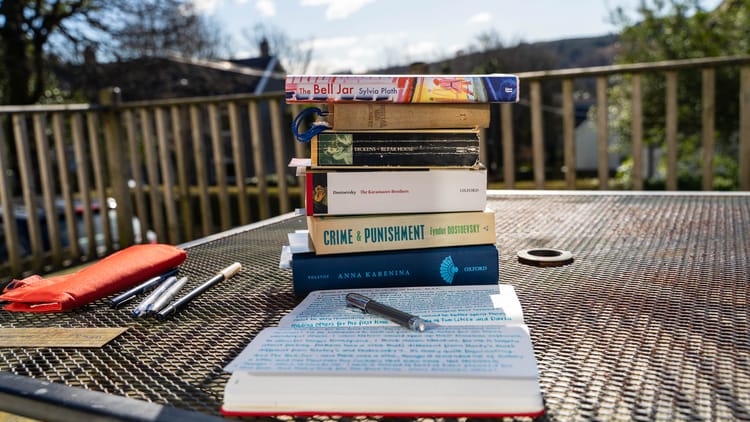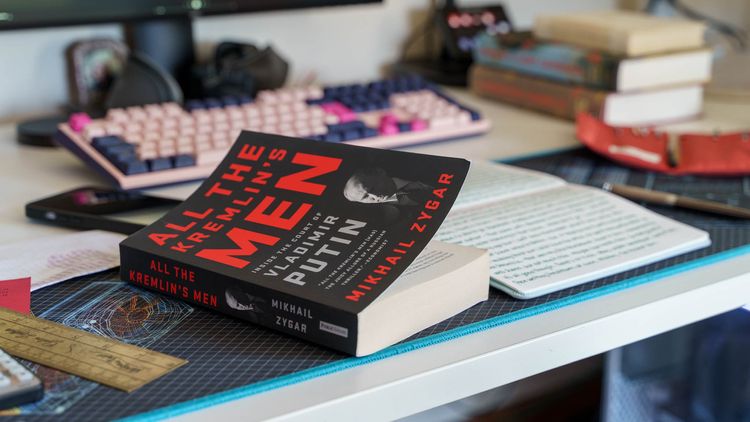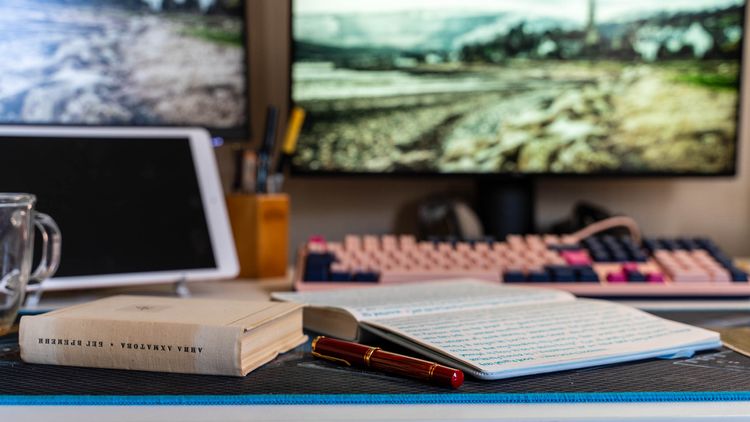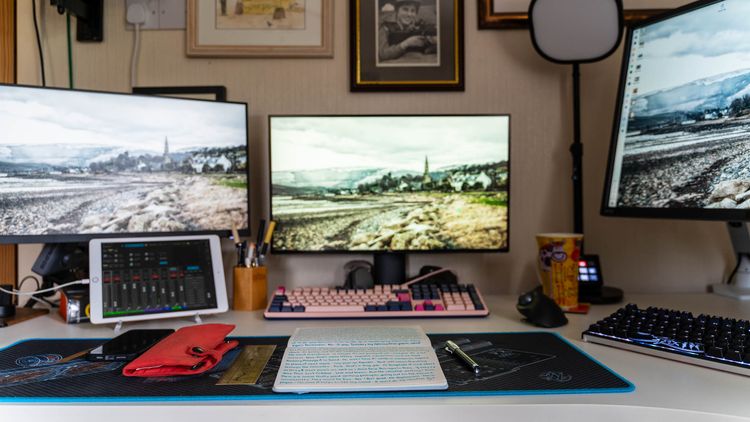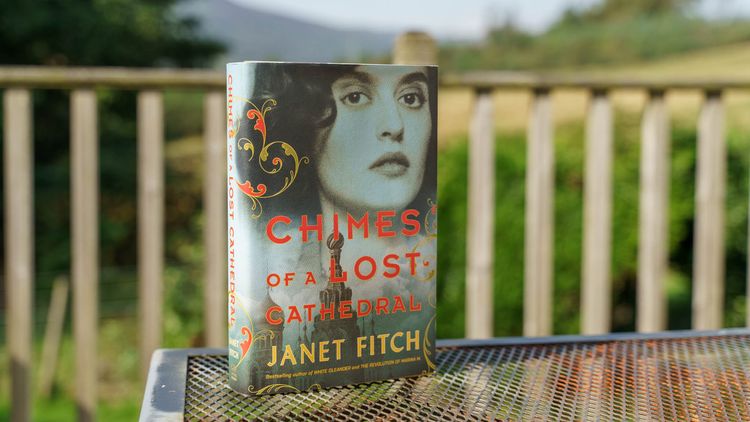The Loneliness of the Solo Creator
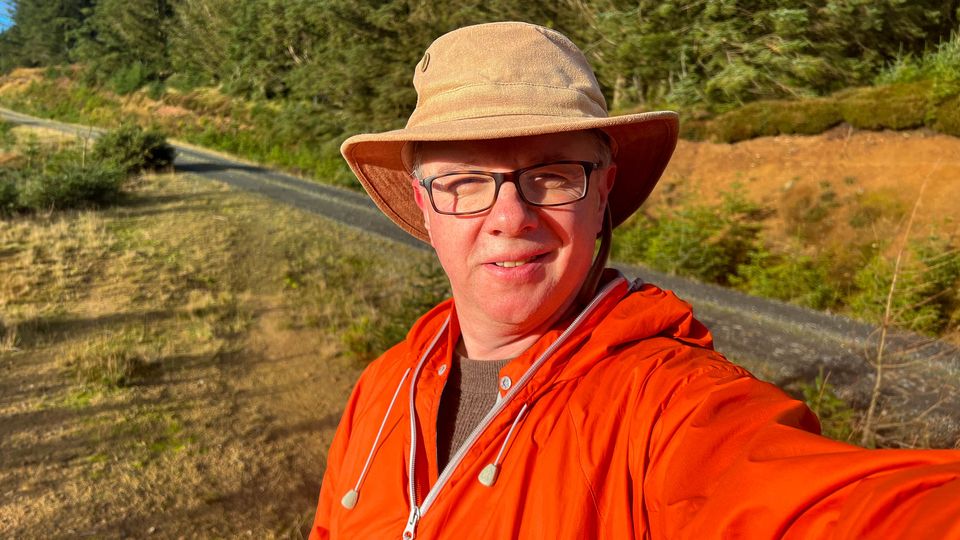
“What is Foster, Beccy?” I asked, wondering if another cohort-based course was really what I needed right now.
“It’s an online group for writers and editors. I think you’d be a good fit for the Season 1 workshop.”
I was on a call with my friend Beccy while hiking in the hills above my house on the Isle of Arran in Scotland. We’d met earlier in the year on a course for YouTube creators and shared similar creative sensibilities. Beccy was on the team at Foster and played a role in setting up the 12-week season for a group of 75 writers; she thought I would dig it and sent me an invitation to join.
The truth is, I’d never considered myself a writer. But it’s something I’ve always aspired to be, so I read through the synopsis of the season and felt that it was an excellent opportunity to meet other writers and see how it felt.
The workshop required a commitment to take part in three modules: Reflection, Reckoning and Renewal, at the end of which we would publish the final piece of writing together. It could be an article, a book, a blog post, or even just a tweet. The idea was that we could come together over 12 weeks to explore and reflect on these three questions:
- What have I left unexpressed?
- What is keeping me from writing?
- How can I best express my truth?
Big ideas, right? Well, yes, but I was no stranger to being vulnerable in my videos, and I had also experimented with expressing my truth in my newsletter, Sharing my Sobriety. Nevertheless, exploring these topics on my own had left me feeling a little lost, like a bat sending out ultrasonic pulses into empty space and getting nothing back. I felt that exploring them with other writers would be a wonderful way of receiving feedback and could lead to ideas that might otherwise remain hidden.
I’m familiar with sharing my story within the confines of a 12-step recovery group, and I knew from having taken the YouTube course that I felt quite comfortable in online calls.
Moreover, I was well aware of the common pitfalls that many creators face, such as impostor syndrome, low self-esteem and, the big one for me, resistance; I also knew that community was very effective in helping me to overcome those pitfalls.
I believe that creative self-expression is cleansing if done fearlessly, without caring how it is received. Resistance for me comes in the form of fear: fear of being judged, fear of failure, fear of success. Perhaps being in communion with other writers for a fixed period of time would allow me to write without fear.
It seemed that Beccy might have been right – I was a good fit!
The calls were led by different people from the Foster team and, in every instance, were opened as a safe space. To be honest, it felt a little hippy-dippy at the beginning, with opening exercises like body check-ins, holding space and deep breathing. These were new concepts to me and I felt a bit like I was in the wrong room. Still, I went in with an open mind and it wasn’t long before I began to feel serenity and communion in much the same way as I often feel in the rooms of Alcoholics Anonymous, when the power of the group becomes palpable.
It was in that communal mind space that we began exploring the topics with each other, and it’s no surprise that friendships began to form quite quickly. We would disappear into breakout rooms of 3 or 4 to go deeper into the topics and then return to the call to discuss and explore. It was very powerful and I began to look forward to these sessions more and more.
The accountability factor was strong, as was my enthusiasm and motivation to do the work I’d committed to. I was writing! It felt really good!
The course was enhanced with workshops hosted by professional writers, such as Chris Schembra, Kate McBarron and Elisa Doucette. These sessions helped to consolidate our community and gave us ideas on how to improve our writing with gratitude and human connection, how to incorporate the use of metaphor into our writing, and how to bring about a flow state in which to produce our best writing.
Once we began writing, we fed our drafts into the Foster editing machine, where they would be proofread and edited by other participants. These drafts were siloed in a Season 1 container, so they weren’t visible to the Foster community at large.
Watching the Foster machine working felt like magic, to see rough drafts going in and final, edited pieces coming out the other side and going live on our newsletters and blogs. Nothing wrong with a bit of magic to keep us keen!
Season 1 fostered the concept of being of service to other creators in a way that I find humbling; it was an example of something that was rewarding as a creator, but that I could also extrapolate into life outside the community.
Indeed, it was something I had prior experience with, as the 12 steps of AA taught me that we get sober through service to others.
I believe that it’s precisely by being of service that we can overcome our creative blocks, and that’s something that came across really strongly from the Foster team. Every single person on the team did everything they could to make participants feel seen and heard; no one was left behind. I can think of no better environment for giving writers the freedom and a sense of safety in which to produce our best creative work.
As I write this one year later, the thing that stands out to me the most from participating in Season 1 is that finding your people is the best way of giving yourself a chance to succeed as a creator.
It doesn’t matter what your medium is: we all face internal psychological dramas as creators. On some days, we can rise above them and create, but on others, support is vital. That’s where being part of a creative community can help so much. We’re so good at getting in our own way: we lose confidence, start second-guessing and overthinking. For me, self-sabotage often leads to paralysis and the notion of simply giving up. It doesn’t have to be that way.
I’ve been involved in various online communities over the years and have made some of the best friends I’ve ever met in them. I’ve been to many social gatherings that sprung from these online communities, including travelling to the USA from Europe several times.
The YouTube community I joined in 2020 is also largely responsible for my being able to continue producing and improving, and not fall foul of the paralysis that watching analytics can cause.
And now that I’m a year into being part of the Foster community, I feel able to keep showing up with my daily posts. I’d dearly like to write more long-form articles going into Season 2 and 2023.
I’m still in touch with the people I met during Season 1, whether it’s in the editing workshops, editing drafts or just chatting in Discord. It gives me confidence knowing that they have my back, just as I have theirs. Being a creator can be lonely and human connection helps immeasurably.
Thanks to Chris Angelis for editing this piece over at Foster.

